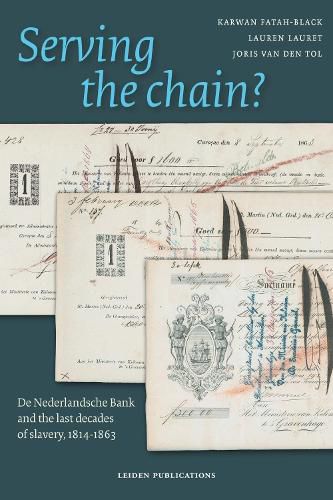Readings Newsletter
Become a Readings Member to make your shopping experience even easier.
Sign in or sign up for free!
You’re not far away from qualifying for FREE standard shipping within Australia
You’ve qualified for FREE standard shipping within Australia
The cart is loading…






"In the nineteenth century, when the principal cultural, political, and financial institutions of the Netherlands were established, slavery was still very much part of the nation's global imperial structures. Dutch families, institutions, and governments are increasingly interested in the role their predecessors played in this history of colonialism and enslavement. This book is a history of De Nederlandsche Bank in which particular attention is paid to its links with slavery, both as a factor in the economy and as a subject of political debate. Because De Nederlandsche Bank served the Dutch ministery of Colonies and consequently followed Dutch trade interests, the bank's history intersects with the history of slavery. The investigation in this book focuses not only upon DNB's formal involvement but also on the private involvement of its directors. In addition, it examines whether the bank and its directors played any role in the abolition of slavery."
$9.00 standard shipping within Australia
FREE standard shipping within Australia for orders over $100.00
Express & International shipping calculated at checkout
"In the nineteenth century, when the principal cultural, political, and financial institutions of the Netherlands were established, slavery was still very much part of the nation's global imperial structures. Dutch families, institutions, and governments are increasingly interested in the role their predecessors played in this history of colonialism and enslavement. This book is a history of De Nederlandsche Bank in which particular attention is paid to its links with slavery, both as a factor in the economy and as a subject of political debate. Because De Nederlandsche Bank served the Dutch ministery of Colonies and consequently followed Dutch trade interests, the bank's history intersects with the history of slavery. The investigation in this book focuses not only upon DNB's formal involvement but also on the private involvement of its directors. In addition, it examines whether the bank and its directors played any role in the abolition of slavery."